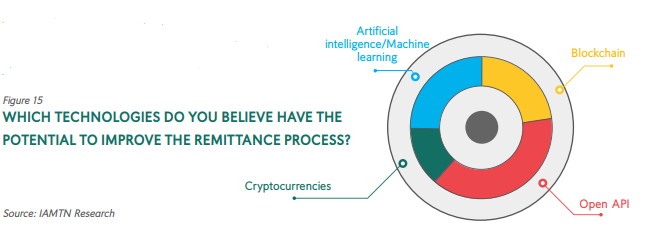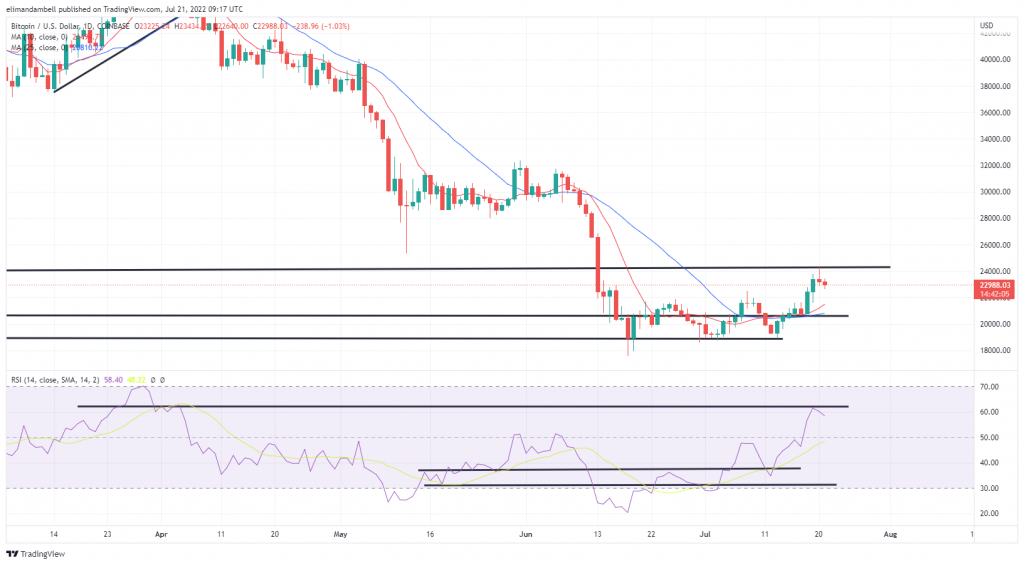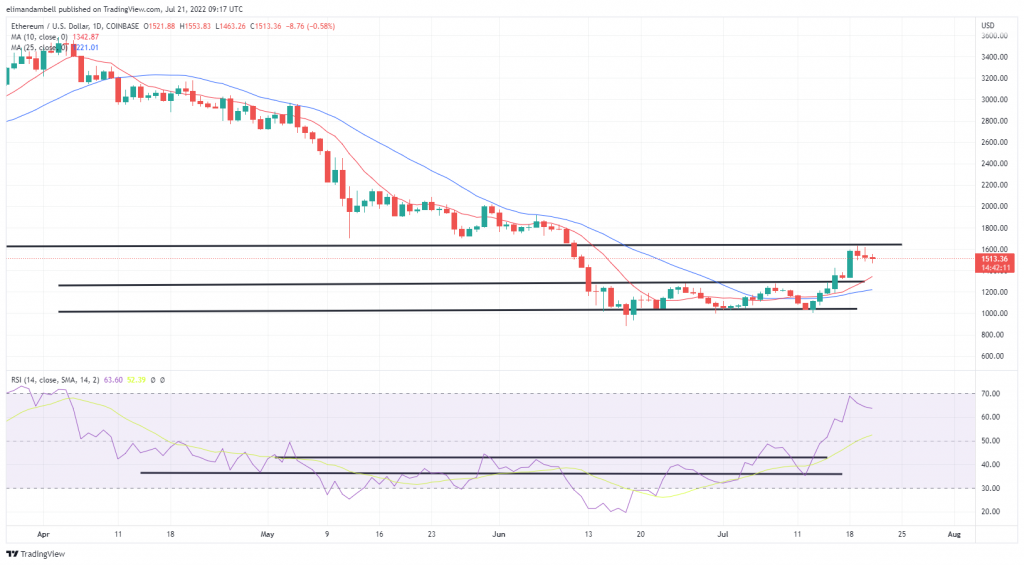Arizona’s financial watchdog has issued a warning to investors regarding cryptocurrency interest-bearing accounts. The regulator warned that “some companies may materially overstate the extent to which their collateral practices safeguard their ability to pay investors the stated return.”
The Arizona Corporation Commission issued an investor alert this week, warning about “digital asset financial services companies that offer interest-bearing crypto-asset accounts.”
The regulator explained: “With crypto-interest accounts, customers lend crypto assets to the company and, in exchange, receive interest paid in crypto assets.” The Arizona Corporation Commission elaborated:
However, due to the crypto market downturn, highlighted by the recent bankruptcy filings of Celsius Network and Voyager Digital, some companies are preventing account holders from withdrawing from and transferring between their accounts.
The securities regulator cautioned investors that “some crypto-interest account providers may not have adequately disclosed the risks that customers face when they deposit crypto assets onto these platforms,” adding:
Some companies may materially overstate the degree to which their collateral practices protect their ability to pay investors the stated return.
The commission recently took action against Blockfi Lending LLC and found that certain crypto-interest accounts were unregistered securities.
The regulator revealed that it is investigating whether other crypto-interest account providers are violating laws under its jurisdiction.
Celsius Network and Voyager Digital, two crypto lenders, filed for bankruptcy protection this month. “We believe Celsius is deeply insolvent and lacks the assets and liquidity to honor its obligations to account holders and other creditors,” the Department of Financial Regulation of the U.S. State of Vermont stated.
The prolonged volatility and contagion in the cryptocurrency markets over the past few months, along with Three Arrows Capital’s (‘3AC’) default on a loan from the company’s subsidiary, Voyager Digital, LLC, are what compelled Voyager CEO Stephen Ehrlich to file for bankruptcy.












